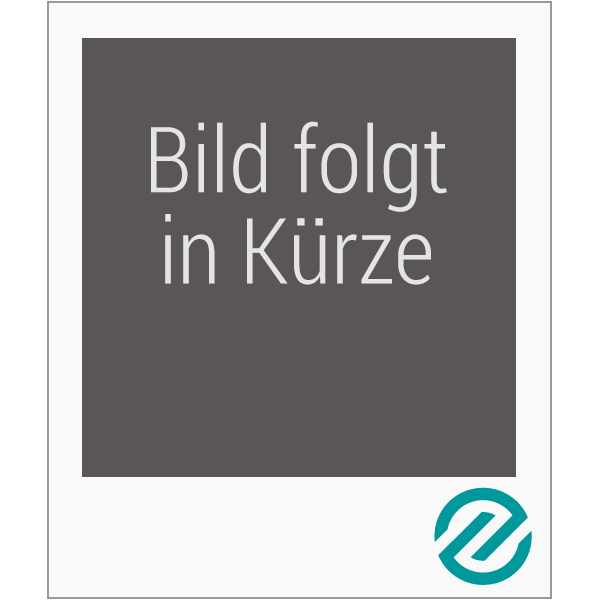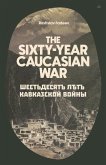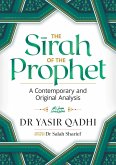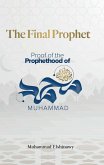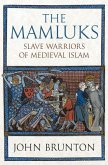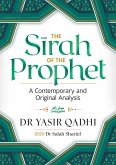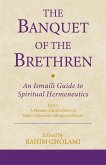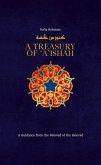Present-day political discourse swings between two contrary positions on the issue of Muslims.Hindutva politics categorizes Muslims as a monolithic religious group to substantiate Hindu homogeneity. The liberals, on the other hand, claim to protect Muslims as a religious minority to defend Indian democracy (if not secularism!). In both cases, Muslim identity is envisioned as a one-dimensional phenomenon. A Brief History of the Present attempts to go beyond the obvious to rethink the role of minorities, specifically Muslims, in the 'New India' that has revealed itself since 2014. By diving deep into the complexities of Muslim identity and its role in everyday life while at the same time viewing the Muslim communities through a historical lens, the author attempts to provide a far more accurate picture of Indian Muslims than what is perceived currently. Through the author's interpretation of a wide range of quantitative and qualitative sources and his long experience as an observer of the Indian political scenario for more than three decades, the book presents a deeply considered view of a burning question: the current status of Muslims in India.
Bitte wählen Sie Ihr Anliegen aus.
Rechnungen
Retourenschein anfordern
Bestellstatus
Storno

